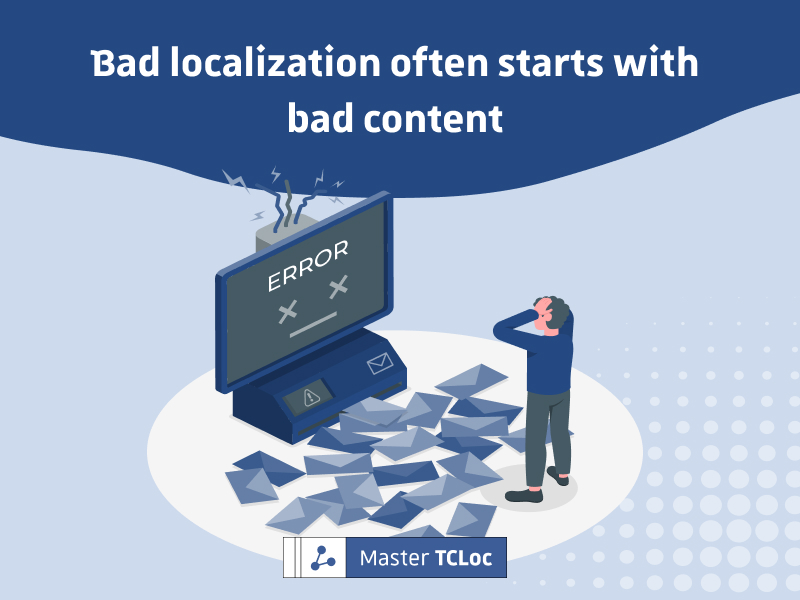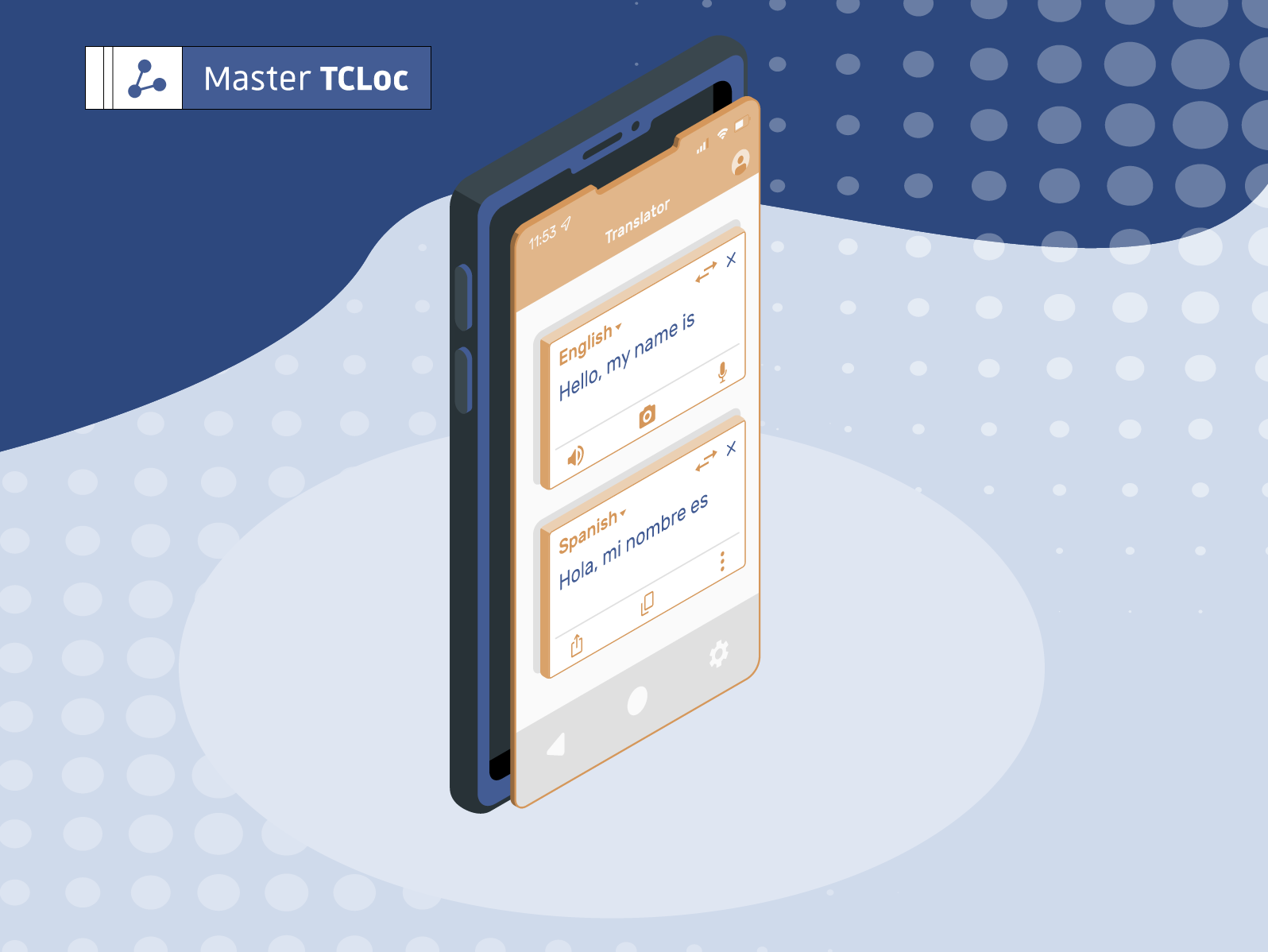One of the changes brought by the COVID-19 pandemic was the increase in global e-commerce. Lockdowns across the globe resulted in more people turning to online alternatives for their purchases. According to the UN’s trade and development experts, “the e-commerce sector saw a “dramatic” rise in its share of all retail sales, from 16 percent to 19 percent in 2020”. (Source: Global e-commerce jumps to $26.7 trillion, fuelled by COVID-19 | | UN News).
As a small e-business owner in Nigeria, can you afford not to take advantage of this increase in trade volume? Have you considered breaking into new markets in Africa? If your answer is ‘No’ to the first question and “Yes” to the second, then localizing your e-commerce website might just be what you need.
Let’s start from the beginning, shall we?
What is Localization?
Imagine you want to buy a small life-saving device produced and sold in China. You might have found what you need on Company A’s website, and while the pictures show the correct device, the product description and payment information are in Chinese. If you speak Chinese, then all is well. But if you do not speak the language, you will have to find an alternative: Company B, selling a similar device on an English website. This is what localization does – it adapts products and services to the locales where those products and services will be marketed.
Localization goes beyond translating the language however, it takes into account the cultural, legal and regulatory issues specific to each locale.
Let’s come back to your e-commerce website.
How can localizing your e-commerce website help your business?
From our previous example, you could not purchase the device you needed because you cannot speak Chinese. That was one customer lost. If twenty thousand non-Chinese speakers were to leave Company A’s website and order from Company B, that quickly adds up.
In your case, localizing your website could attract and retain new customers from countries or even regions that you previously could not access. Think about what this could do for your annual revenue!
Other benefits of localization include:
- More visibility for your website as it would show up in more SERPs.
- If you also applied an SEO strategy in the development of your website, your page will rank in more languages.
- Build trust for your products/services, as customers tend to trust websites in their languages more.
So, you have decided to localize your business website, what’s next?
How to localize your e-commerce website
You should start with identifying the target markets you would like to break into, then perform a good old market survey. You need to also prepare a localization strategy tailored to your business. You can check out this article for ideas: Brand Internationalization Strategies – Master TCLoc (unistra.fr).
Next, consider the best way to localize your website so that it remains relevant in most locales where your target language is spoken. In your case, if you were thinking of francophone Africa, you would need to know the cultural differences and nuances of North African French from the West African variant. This article could help guide you in using a neutral language approach to localizing your website: Localization: Using Neutral Language to Cover More Target Markets – TCLoc Master’s (unistra.fr)
Conclusion and Next Steps
If you have the time and would like to localize your website yourself, do look up the TcLoc program from the University of Strasbourg: TCLoc: Master’s in Technical Communication and Localization | TCLoc (unistra.fr).
And thank me later.



